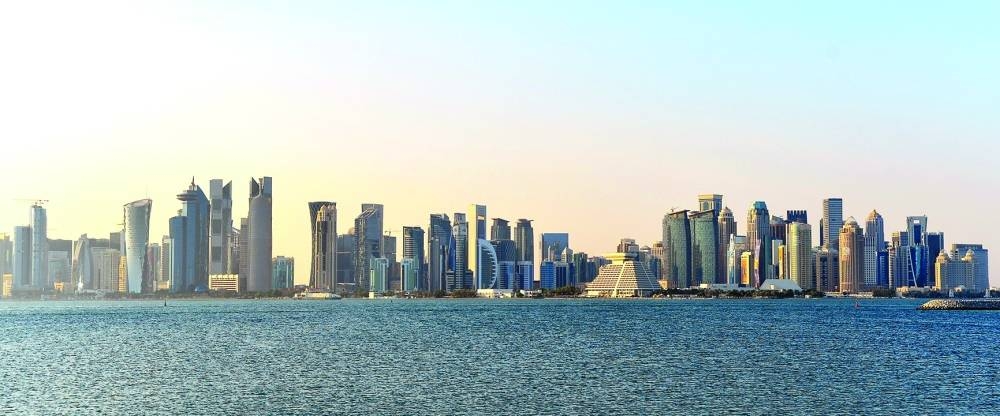Government policies and advanced technological infrastructure present investment opportunities worth $75bn in Qatar’s cleantech sector by 2030, according to a report by Investment Promotion Agency Qatar (IPA Qatar).
IPA Qatar’s ‘Cleantech Sectoral Study’, which was posted online recently, stated that government initiatives leading to investment avenues include the aim to develop 100% electric vehicles by 2030, the plan to provide and install over 600 charging devices at business warehouses and stations, carbon emissions reduction, and the establishment of the “world’s largest e-bus depot” capacity to accommodate 478 electric buses and equipped with 11,000 solar panel units.
In terms of energy initiatives, the report reiterated QatarEnergy’s launching of its new sustainability strategy, which plans to reduce the carbon intensity of its LNG facilities by 35% by 2030. It also mandates the deployment of Carbon Capture and Storage (CCS) facilities to capture more than 7Mtpa of CO2 in the country.
The report stated that Qatar was the first GCC country to implement a waste-to-energy programme that currently generates over 30MW of electricity from its Domestic Solid Waste Management Centre (DSWMC) at Mesaeeid.
Qatar received international praise for hosting the first carbon-neutral FIFA World Cup last year.
But the country is also moving towards solar energy adoption and is also utilising renewable resources, stated the report, citing the installation of an 800 megawatt (MW) additional capacity of renewable energy sources that range from gas-based to photovoltaics (PV) and wind power, as well as major solar projects like Al Kharsaah (Siraj solar power plant), and Qatar Solar Technologies’ (QSTec) aim to develop a $1bn polysilicon production facility.
The report noted that Qatar’s cleantech value chain is “incredibly dynamic” and integrated with several players across technology development, manufacturing, distribution and project development, and services.
Qatar’s thriving technology sector is critical to the growth of cleantech in the region, according to the report, citing technological infrastructure and extensive R&D, robust support systems, enablers, and skilled talent.
The report pointed out that successful national strategies and sustainability are poised to drive cleantech growth in the Mena region. It stated that tech-based agricultural practices in the Mena have revolutionised agri-food sector investments.
Exposure to sunlight also plays a significant role in pushing cleantech sector growth. The region receives between 22% and 26% of all solar energy striking the earth, which enhances the potential for a vibrant renewable energy sector, stated the report, citing World Bank estimates. Also, solar installed capacity in Mena is expected to increase by almost 40GW by 2025, it stated.
The GCC has the fastest-growing renewable energy sector reaching $25bn in 2022, and by 2030, GCC countries aim to reduce oil consumption by 23%, creating more than 220,000 jobs in the region’s renewable energy sector. Gulf national oil companies can have an early-mover advantage in green hydrogen production and export, potentially bringing in $200bn in revenue by 2050, the report added.

Government policies and advanced technological infrastructure present investment opportunities worth $75bn in Qatar’s cleantech sector by 2030, according to a report by Investment Promotion Agency Qatar.

